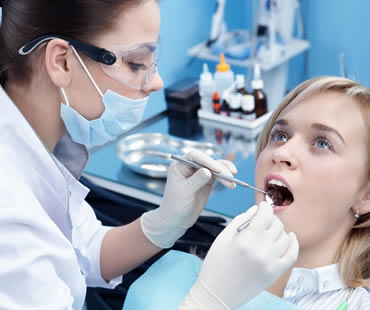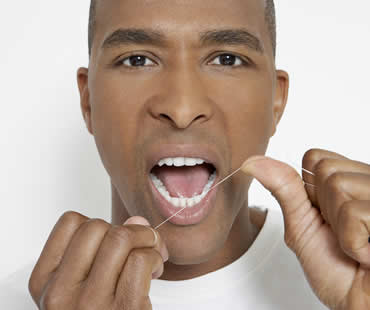At least twice a year, you need to schedule an appointment with your dentist. These visits allow your dentist to assess you oral health, address any concerns you have, and look for signs of problems. Protecting your teeth and gums is a partnership between you and your dentist. For the best results, follow these helpful hints:
Find the right dentist in Weymouth
Selecting a provider and dental office that fits your personality will make you more likely to keep your appointments.
Provide an accurate health history
Although your dentist’s primary concern is your mouth, overall wellness can impact your dental health. For example, chronic health issues like diabetes and HIV can increase your risk for gum disease.
Bring a list of current medications
Your dentist needs to know the names and dosages of any medicine you take regularly. Certain medications, such as pain relievers, allergy medicines, and anti-depressants, can cause dry mouth, which may make you susceptible to dental problems.
Report any issues right away
Sometimes, you may develop a toothache or notice bleeding gums between your visits. Don’t ignore these symptoms because they may indicate bigger problems. The longer you wait to address any issues, the more time and money you will lose.
Share your fears
For some people, dental visits cause anxiety or fear. Let your dentist know exactly what worries you. Most doctors want you to feel relaxed and comfortable, so they will take time to answer your questions and help you feel at ease.
We look forward to seeing you in our Weymouth dental office












